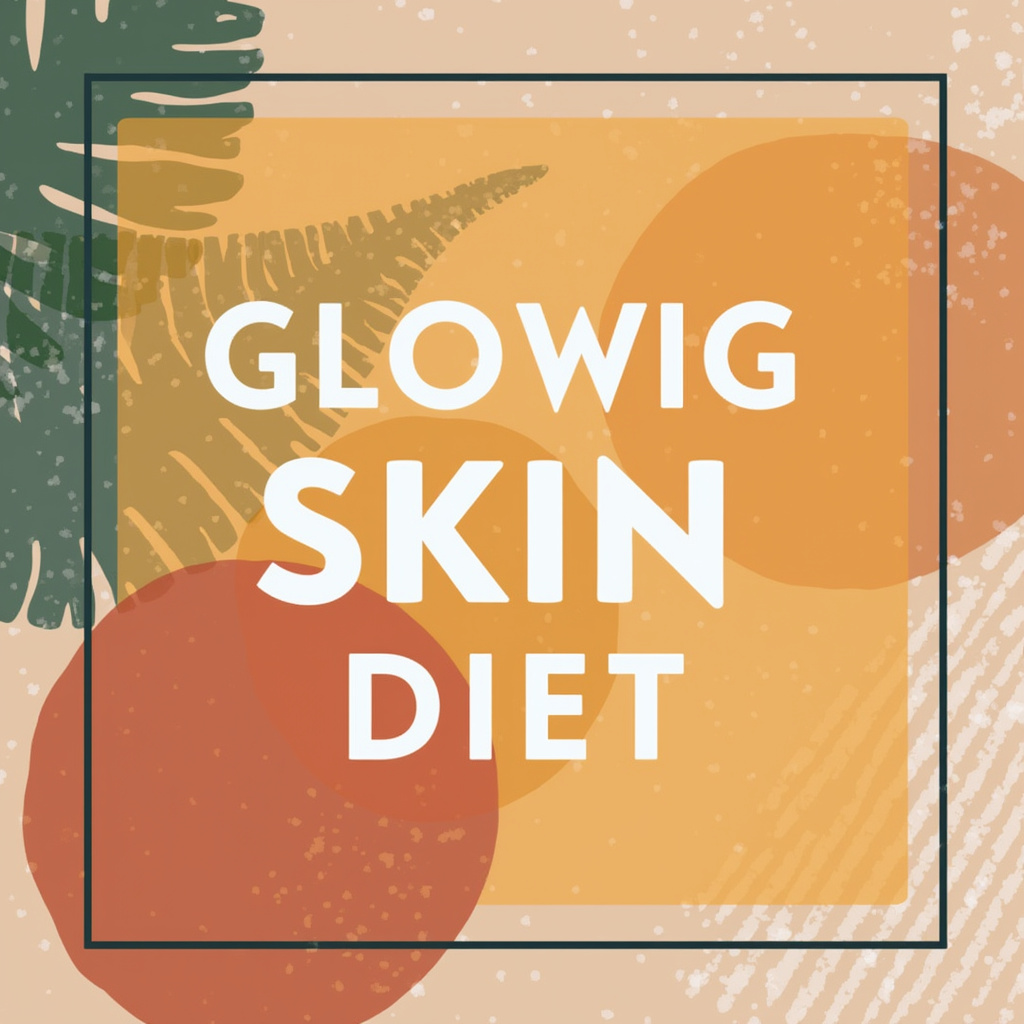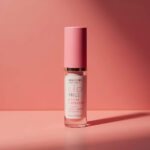Introduction
Everyone desires a radiant and healthy complexion, but achieving glowing skin goes beyond just using the right creams and serums. The truth is, what you eat plays a significant role in your skin’s appearance. This article will explore the concept of a glowing skin diet and provide you with practical tips on what to eat for a natural, luminous complexion.
The Connection Between Diet and Skin Health
Your skin is a reflection of what you consume. A balanced diet rich in vitamins, minerals, and antioxidants can enhance your skin’s health and glow. Conversely, a diet high in processed foods, sugars, and unhealthy fats can lead to skin issues like acne, dryness, and premature aging. Let’s dive into specific foods that can help you achieve that coveted glow.
Foods to Include in Your Glowing Skin Diet
- Fruits and Vegetables: Fresh fruits and vegetables are packed with vitamins, minerals, and antioxidants. Foods rich in Vitamin C, like oranges, strawberries, and bell peppers, can boost collagen production, while leafy greens like spinach and kale provide essential nutrients for skin repair.
- Healthy Fats: Incorporating healthy fats into your diet is crucial for maintaining skin elasticity and hydration. Foods such as avocados, nuts, seeds, and fatty fish like salmon are excellent sources of omega-3 fatty acids, which help keep your skin supple and glowing.
- Whole Grains: Whole grains, like brown rice, quinoa, and oats, are rich in fiber and help maintain stable blood sugar levels. This can prevent the spikes in insulin that may lead to acne and other skin problems.
- Legumes: Beans and lentils are great sources of protein and fiber. They help support skin health by providing essential nutrients like zinc and iron, which are vital for cell regeneration.
- Fermented Foods: Foods like yogurt, kefir, and sauerkraut are rich in probiotics, which promote gut health. A healthy gut can lead to clearer skin, reducing the likelihood of breakouts and skin inflammation.
- Green Tea: This super beverage is loaded with antioxidants called polyphenols, which can protect your skin from damage caused by UV rays and pollution. Drinking green tea regularly can improve skin elasticity and hydration.
Hydration: The Key to Glowing Skin
Staying hydrated is just as important as what you eat. Water helps to flush out toxins and keeps the skin plump and elastic. Aim for at least eight glasses of water a day, and consider adding hydrating foods like cucumbers, watermelon, and oranges to your diet. Herbal teas can also contribute to your daily water intake while providing additional antioxidants.
Foods to Avoid for Better Skin
While it’s essential to know what to eat, it’s equally important to recognize which foods could harm your skin. Here are some foods to limit or avoid:
- Sugary Foods: High sugar intake can lead to inflammation and promote the aging process. Try to cut back on sweets, sodas, and processed snacks.
- Processed Foods: These often contain unhealthy fats and preservatives that can trigger skin reactions. Focus on whole, unprocessed foods as much as possible.
- Excessive Dairy: Some studies suggest a link between dairy consumption and acne. If you notice breakouts, consider reducing your dairy intake and see if your skin improves.
- Alcohol: Alcohol can dehydrate your skin and worsen conditions like rosacea. Moderation is key; try to limit your intake and opt for drinks that are less dehydrating, like wine or clear spirits mixed with water.
Conclusion
Your diet has a profound impact on your skin’s health and appearance. By incorporating a variety of fruits, vegetables, healthy fats, and whole grains into your meals, you can nourish your skin from the inside out. Remember to stay hydrated and limit foods that can harm your complexion. With a bit of attention to your diet, you’ll be well on your way to achieving that natural, glowing complexion you’ve always wanted!




